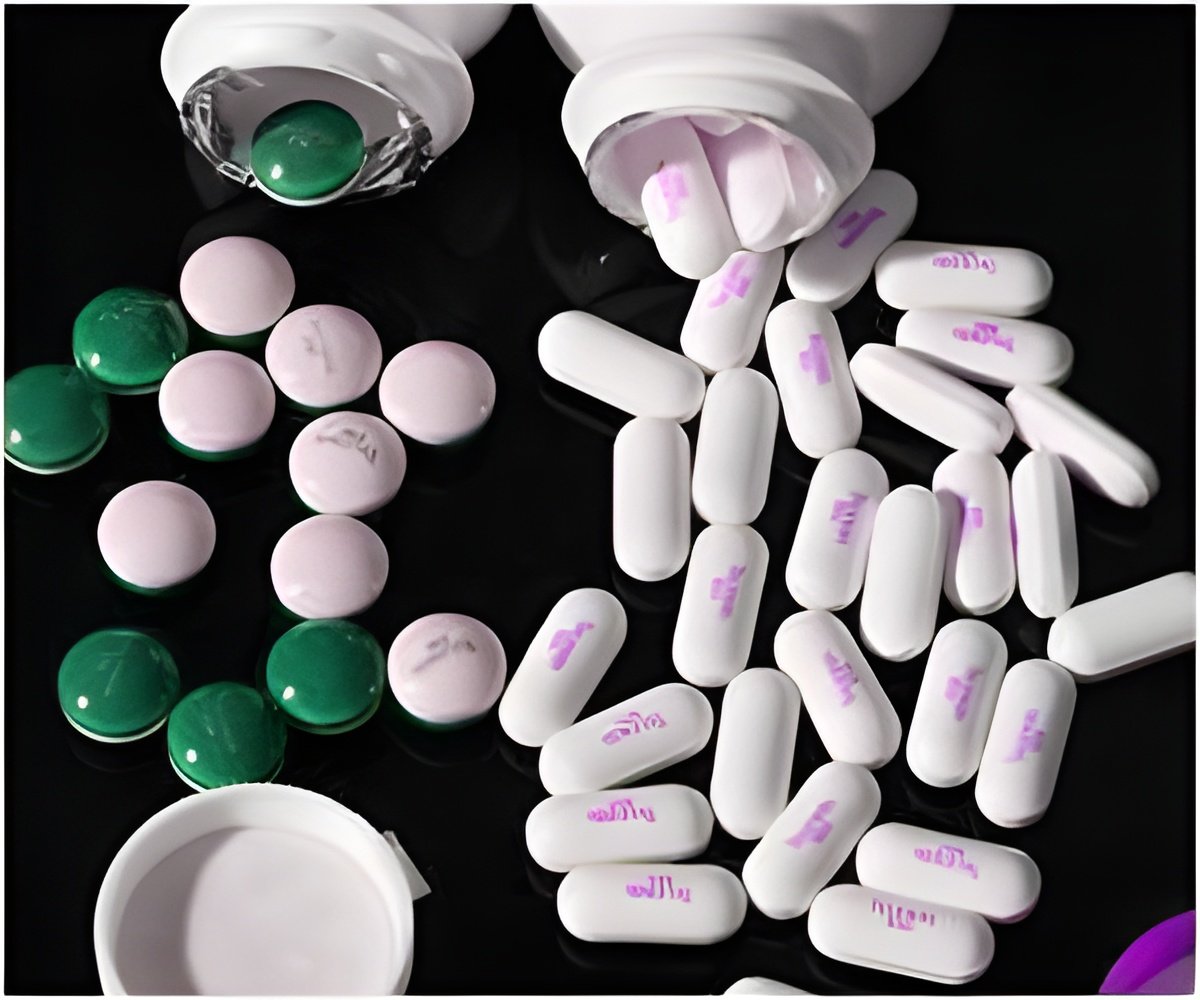A new study says that giving amphetamines to adults with Attention Deficit Hyperactivity Disorder (ADHD) can help them control their symptoms

Attention Deficit Hyperactivity Disorder (ADHD) is a childhood onset disorder, but half of people with it find that the symptoms of hyperactivity, mood instability, irritability, difficulties in maintaining attention, lack of organization and impulsive behaviours persist into adulthood. "We wanted to see whether amphetamines could reverse the underlying neurological problems that feature in ADHD, and so improve ADHD symptoms," says Xavier Castells, who led the study and works in the Unit of Clinical Pharmacology at University of Girona.
After searching through medical literature, they identified seven studies, which had enrolled a total of 1091 participants in clinical trials. The three amphetamine based medicines they considered (dextroamphetamine, lisdexamphetamine and mixed amphetamine salts (MAS)) all reduced ADHD symptoms, although there was no evidence that higher doses worked better than lower ones. The researchers did not find any difference between in effectiveness between formulations that release the amphetamines rapidly, and those that have a sustained-release.
While there was evidence that people taking amphetamines drop out of treatment due to adverse events slightly more than those on placebo controls, the researchers were keen to point out that only 9% of people taking amphetamines withdrew from treatment. Looking at the different formulations of amphetamines, those on MAS had lower drop-out rates than those on other versions of the drug. Furthermore, most studies had a duration of between 2 and 7 weeks, therefore precluding the possibility of drawing conclusions regarding amphetamine's efficacy and safety in the long-term.
In many clinical trials, doctors randomly allocate some patients to 'treatment group' and give them the active medication, while others are placed in a 'control group' and receive a placebo – a treatment that looks and feels like the real thing, but has no active ingredient in it. The idea is that the patient doesn't know which one they are on. This helps researchers determine how much of any apparent treatment effect is actually due to the therapy, and how much is due to other factors unrelated to drug effects such as the person believes regarding the efficacy of the intervention or the natural history of the disease. This experimental system only works, though, if the patients have no idea which group they are in. "One of the problems with trying to make sense of this research is that you cannot do a properly controlled study because the amphetamines have such a distinct set of effects. Patients instantly know whether they are on the treatment or the placebo, so you have to be more cautious about the way you interpret the data," says Castells.
"Given that other drugs, like atomoxetine or methylphenidate, have also been shown to reduce ADHD symptoms in adults, it would be of great interest to compare the efficacy of amphetamines to these interventions," says Castells.
Advertisement
Source-Eurekalert















